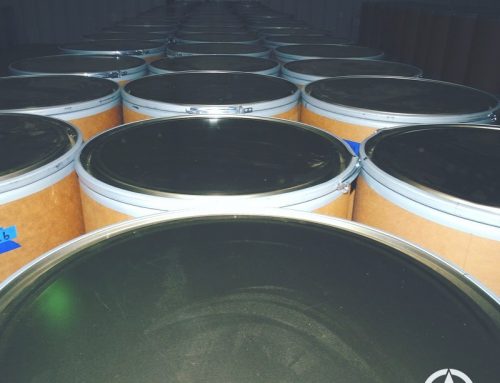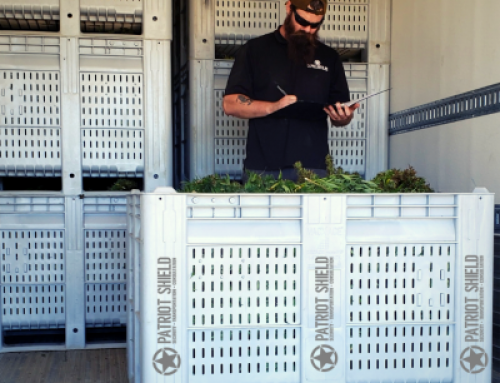USDA & Hemp Transportation
Hemp transportation! Is it legal? Absolutely. Is it safe? Well, that depends. First things first, when it comes to navigating a new industry, the legal ramifications of a business owners decisions can make or break their future, so clarity is key. Understanding how the government classifies hemp helps understand its legal status in the United States. Relevant legislation defines hemp as cannabis (dry weight) that contains less than 0.3 percent of tetrahydrocannabinol (THC), also known as the psychoactive chemical that produces the high associated with smoking marijuana. As long as the plant meets this qualification, it is protected as a regular farm/freight commodity under the Agricultural Improvement Act of 2018 (also known as the 2018 Farm Bill.) So, where does the confusion come from? Recency! Hemp was removed from schedule I of the Controlled Substances Act in December of 2018, a change that has not had enough time to solidify itself in everyone’s minds. In fact, in May of 2019, Stephen Vaden of the USDA’s Office of General Counsel dropped a statement to clarify the legality of hemp. The legal status of hemp no longer needs to be up for debate, the real question is, is it safe to transport?
Safety During Transportation
Like any hot commodity, hemp is at high-risk for theft during transportation due to the lucrative nature of the crop in the current economy. When we scan around different industries, we see that it becomes a normality to take extra measures during transport to ensure that things go smoothly. When businesses are transporting currency, they tend to utilize armored trucks. Not because the currency is a drug, but because it signifies an asset that needs protection. We see the same practices instituted when transporting diamonds, certain antique items, and even sensitive information. Cannabis is projected to generate $23 to $30+ billion dollars in revenue by 2025, and because hemp is used in the ever-growing CBD industry, the importance of secure transport will continue to grow. After all, mitigating risk is one of the key ways to grow a business.
What are the options?
When it comes to securing transport, it may be easy to assume that one should simply dial up a security company. Business owners are quickly finding out that this is the wrong way to go about it. To put it simply, interstate hemp transportation security requires specialization that is specific to the industry. Armed guards or escort services are always a good edition, but the way they function in the hemp industry can be the difference between a gain or a loss. We highly recommend hiring a company that utilizes relevant technology to ensure that everything goes as smoothly as possible. For example, your average security company will not be ready to deploy smell & tamper-resistant packaging to lower risk of unwanted attention. Inside knowledge can also lead to faster transport when tech like GPS, 24/7 camera monitoring, panic buttons, and a great communication network is set in place to keep the team on track. Beyond the tech, the training and preparation that goes into hemp transportation can make all the difference. At Patriot Shield, we have created our own merchant guard curriculum that has been approved by the city of Denver in a way in which our company has been granted the ability to issue merchant guard certifications to other businesses. We focus on bringing in veterans with a history of combat, as we believe they put your transport in the best position to arrive safely due to previous experience. Our training academy focuses on driving tips, techniques, and legal education to handle anything that may come up. Whether it is prepping the proper paperwork, our a team of combat veterans using years of experience in tactical situations to protect your assets, we are out to prove that hemp transportation can be safe, efficient, and profitable for companies all around the country.







